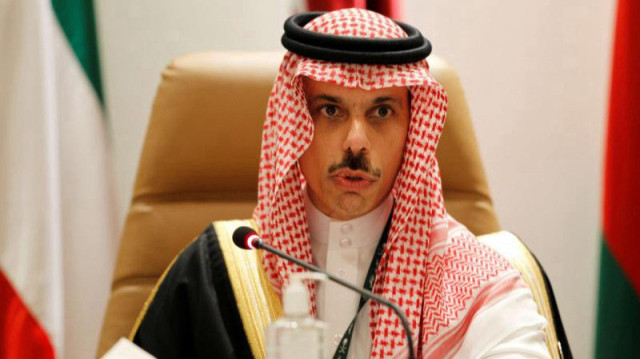Protests Erupt Nationwide Against Trump and Musk
Massive protests erupted across U.S. cities, fueled by discontent over President Trump's policies and Elon Musk's involvement with Project 2025. Demonstrations highlight growing dissent.
Published February 07, 2025 - 00:02am

Image recovered from deccanchronicle.com
The United States witnessed a series of significant protests across various cities as demonstrators rallied against a wide array of contentious issues linked to the Trump administration and Elon Musk, the head of the Department of Government Efficiency. From immigration policies to LGBTQ rights, the protests addressed multiple grievances voiced by citizens across the nation.
Protesters converged in prominent locations from Philadelphia to the state capitols of Minnesota, Michigan, Texas, and beyond, brandishing signs that criticized both President Donald Trump and billionaire Elon Musk. The protests were partly sparked by Musk's leadership role in Project 2025, a right-leaning governmental initiative that has drawn considerable criticism.
A common theme among the demonstrators was a resounding rejection of fascist tendencies and an urgent call to defend democratic values. The movement was largely coordinated online under hashtags such as #buildtheresistance and #50501, indicative of a coordinated effort to stage 50 protests across the 50 states in one day.
In Lansing, Michigan, around 1,000 people gathered in the biting cold to express their discontent. One of the demonstrators, Catie Miglietti from Ann Arbor, raised concerns over Musk's access to sensitive Treasury Department data, suggesting it could breach public trust and democratic principles.
In several instances, the actions of protestors extended beyond mere demonstration. In Missouri, participants at the state Capitol questioned the legitimacy of DOGE, Musk's governmental department, with placards inquiring about Musk's access to their Social Security information.
Beyond political and governmental criticisms, the protests also tackled social issues. Demonstrators in Alabama rallied against legislative attempts to restrict acknowledgment of more than two genders following Trump's directive limiting the federal definition of sex. This echoed previous actions by Alabama's governor, reinforcing a growing theme of resistance to what many see as regressive policies.
One of the protest organizers, Margaret Wilmeth, emphasized the ongoing erosion of democratic practices under the current administration. She and others hope that these demonstrations will alert Congress to the perceived threats to democracy and encourage legislative intervention.
The nationwide protests weren't solely directed at Trump and Musk; they encapsulated broader dissatisfactions with systemic issues. Activists urged for more accountability and a proactive governmental response to the outcry of the people.
In states including Georgia, Colorado, and California, protesters drew attention to recent detention operations by Immigration and Customs Enforcement (ICE), coinciding with the demonstrations and underscoring fears regarding increased immigration crackdowns.
As these protests unfolded, participants like Craig and Robin Schroeder embodied the diverse motivations driving dissent. Traveling from Findlay, Ohio, they decried the appointment of Pete Hegseth as Defense Secretary, citing concerns about his conduct and its implications for military families.
The demonstrations not only vocalized frustrations but also highlighted the resolve of American citizens to defend their rights and challenge what they perceive to be authoritarian overreaches. As public discontent simmers, these protests may herald a series of continued acts of civil discourse and resistance.






